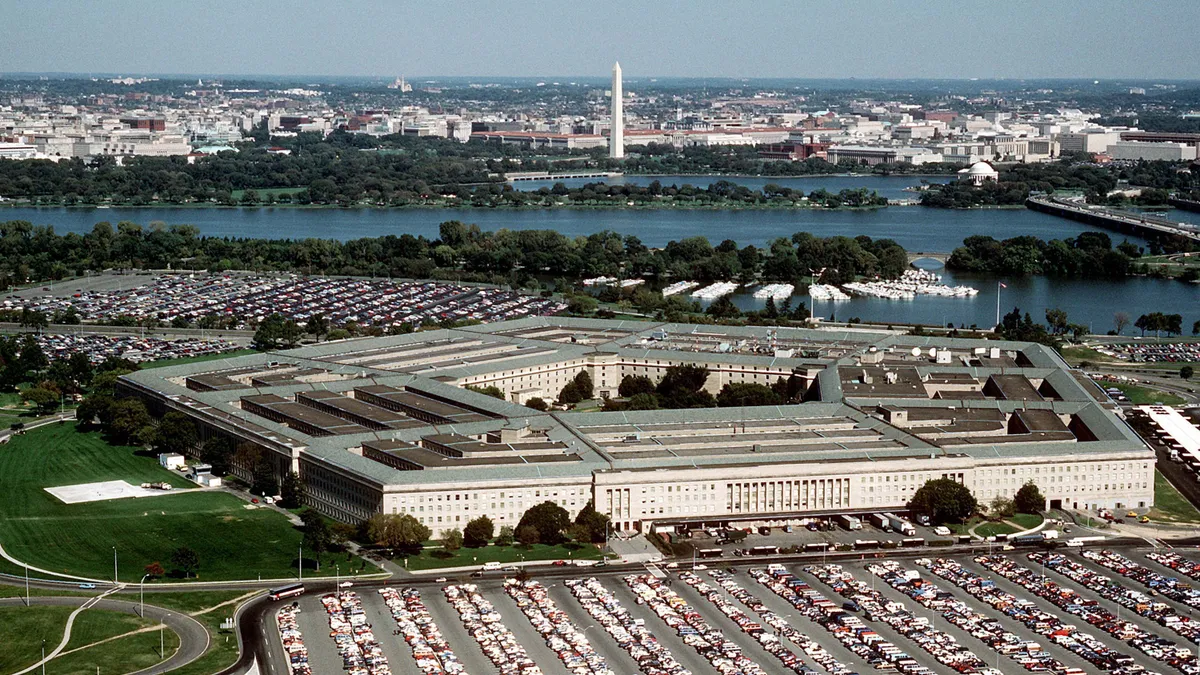The U.S. Department of Defense awarded major contracts for military cloud spending to AWS, Google, Microsoft and Oracle on Thursday as part of its Joint Warfighting Cloud Capability framework.
The hybrid contracts carry a shared spending ceiling of $9 billion, with CSPs guaranteed no more than $100,000 each, Lt. Gen. Robert J. Skinner, director of the Defense Information Systems Agency, said during a press conference on Thursday.
The Pentagon’s decision gives all four cloud service providers approval to bid on individual contracts with branches of the military and other agencies under the DOD umbrella. It represents an embrace of multicloud and an abandonment of the single cloud strategy DOD pursued prior to JWCC.
JWCC provides the military with cloud computing at the three primary security levels — unclassified, secret and top secret — a capability not available on existing DOD clouds, John Sherman, CIO at the DOD, said during the press conference.
Sherman also emphasized the breadth of cloud coverage — from the continental United States, all the way out to the tactical edge — and the benefits of skirting intermediaries and resellers to provide “mission owners” with direct access to cloud.
“It's a big deal for individual defense programs, whose project managers and contract officers usually face a long and arduous road navigating the federal acquisition process,” Devin Dickerson, principal analyst at Forrester, told CIO Dive.
“Allowing programs to leverage the JWCC contract vehicle to make their cloud acquisitions not only ensures the availability of cloud services across their required security domains and classification levels, but it could shave months or years off acquisition timelines,” Dickerson said.
The JWCC decision was 17 months in the making. Its genesis dates back to July 2021, when the Pentagon canceled an estimated $10 billion Joint Enterprise Defense Infrastructure contract with a single provider, Microsoft, and pivoted to multicloud.
The JEDI contract became mired in controversy when AWS’ parent company Amazon launched a legal protest in early 2020 and forced a temporary halt in the process. While JEDI was cleared through an agency watchdog review, the Pentagon had by that point moved on to multicloud.
“The single-cloud, single-vendor approach was proper for the time,” Sherman said during the press conference. “But the state of technology has progressed and our cloud conversancy here within the Department of Defense on how to leverage cloud has matured extensively since that time.”
JWCC has a three-year base period, during which DOD will evaluate its effectiveness. In addition, the contract has a pair of one-year options and an optional six-month period that would extend its terms until June 2028, Sherman said.













